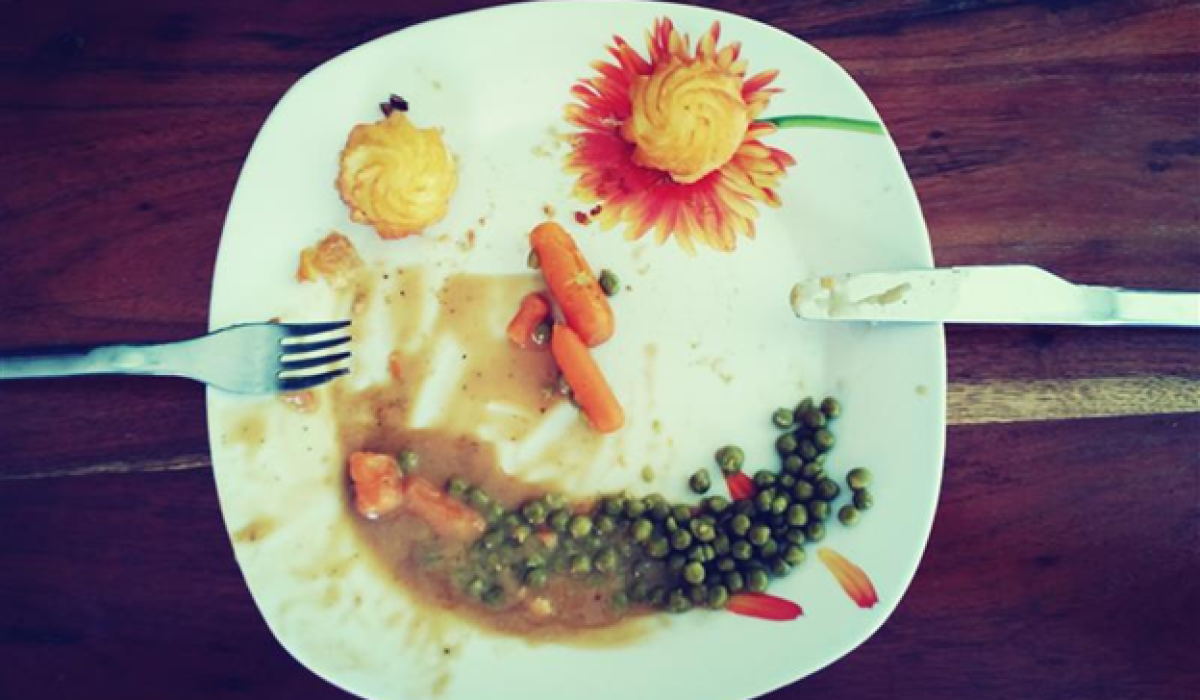Food poisoning is more common than you might think. It’s an illness caused by eating contaminated food, which can happen to anyone, anywhere. But don’t worry! How to prevent food poisoning is something everyone can learn. By understanding the basics, you can protect both yourself and your family from unpleasant, and sometimes dangerous, experiences. Knowledge is your best tool, so let’s explore how staying informed about prevention can safeguard your health.
Recognizing the Causes and Symptoms of Food Poisoning
Food poisoning happens when harmful germs like bacteria, viruses, and parasites enter the food you eat. These tiny invaders grow on food that’s not prepared or stored properly. Once in your body, they can make you feel very sick. So, how can you prevent food poisoning? Start by knowing what to look for and how it makes you feel.
Common bad guys behind food poisoning include: – Bacteria: Think of Salmonella or E. coli as the usual suspects. – Viruses: Norovirus is often behind outbreaks. – Parasites: Tiny creatures like Giardia can also cause trouble.
Watch out for some tell-tale signs. Common symptoms include: – Nausea – Vomiting – Stomach cramps – Diarrhea
These symptoms can be different for everyone. Some people might feel just a little sick, while others face more serious problems. Recognizing these signs quickly helps you get better faster and avoid complications. Early recognition allows you to stop food poisoning in its tracks.
Being aware of such symptoms is crucial. If you suspect food poisoning, it’s time to think about what you ate recently. Knowing this can help determine if you ate something harmful. How can we prevent food poisoning? By being alert! It allows us to act swiftly, avoid serious issues, and educate others.
Practical Steps to Prevent Foodborne Illness at Home
You can easily learn how to prevent foodborne illness at home. Follow these four simple rules: Clean, Separate, Cook, and Chill. Each step ensures your food stays safe.
- Clean: Always wash your hands before preparing or eating food. Keep kitchen surfaces and utensils clean, too. Rinse fruits and veggies under running water. Cleanliness stops germs from spreading.
- Separate: Use separate cutting boards and knives for different foods. Keep raw foods away from cooked foods. This prevents cross-contamination, which spreads germs from one food item to another.
- Cook: Make sure food is cooked thoroughly. Use a food thermometer to check temperatures. Beef, poultry, and fish require specific temperatures to kill germs.
- Chill: Refrigerate leftovers promptly. Keeping food cold slows down the growth of germs. Always check your fridge is set below 40°F.
Using these steps can stop food poisoning before it starts. While processing food, don’t keep it out in the open too long. Always check expiry dates. This doesn’t just stop germs but also ensures your food is fresh. Store meats on the fridge’s bottom shelf and veggies above them. Wipe up spills immediately to prevent bacterial growth.
Creating these habits makes your kitchen safer. Share these tips with family and friends, ensuring everyone knows how to prevent food poisoning at home. Practicing these steps greatly reduces the risk of getting sick from contaminated food.
Taking Proactive Measures and Knowing When to Seek Help
To keep yourself safe, adopt additional safety measures. Here are some extra food safety tips:
- Mindful Shopping: Buy perishable foods last. Package them separately from other items.
- Smart Cooking: Defrost frozen foods in the fridge, not on the counter.
- Dining Out Tips: At restaurants, ensure your food is hot and properly cooked.
These small actions protect you from illness. Being cautious doesn’t take much time but can save a lot of trouble.
Sometimes, even when careful, you might still experience symptoms. When should you get medical help? If symptoms, like diarrhea or vomiting, last more than 3 days, get medical attention. Also, if you have a high fever, blood in stool, or signs of dehydration, seek help.
Dehydration signs include: – Dark urine – Feeling dizzy – Dry mouth
In such situations, doctors can provide the right treatment quickly. Remember, it’s always better to be safe than sorry.
Be proactive in adopting these food safety tips in your daily life. How can you prevent food poisoning at home? Stay informed! Share this knowledge with others, promoting collective safety. How to prevent foodborne illness is a growing concern, but with proactive measures, you can make a big difference. Protect your family by making these habits a regular part of your routine.


